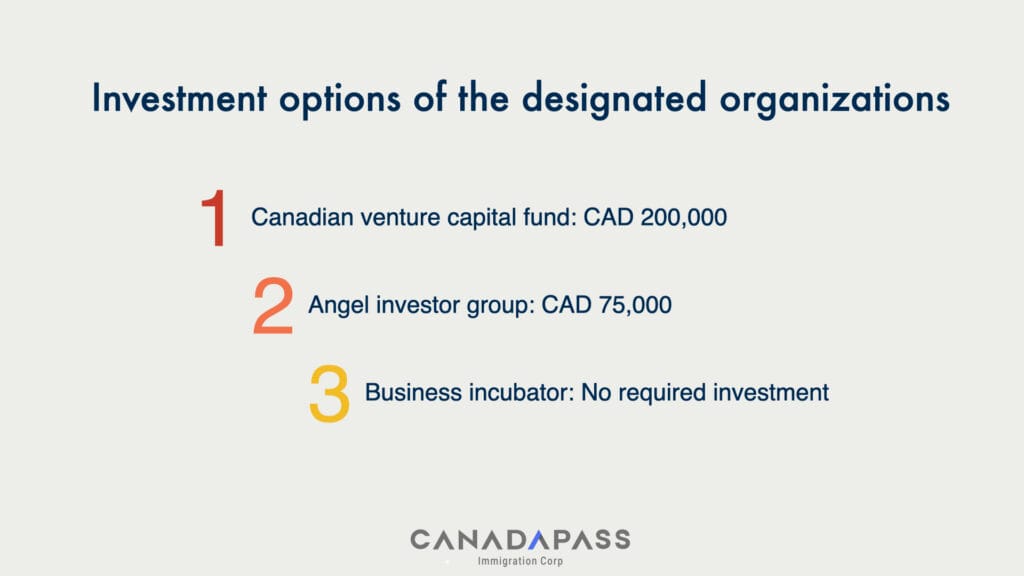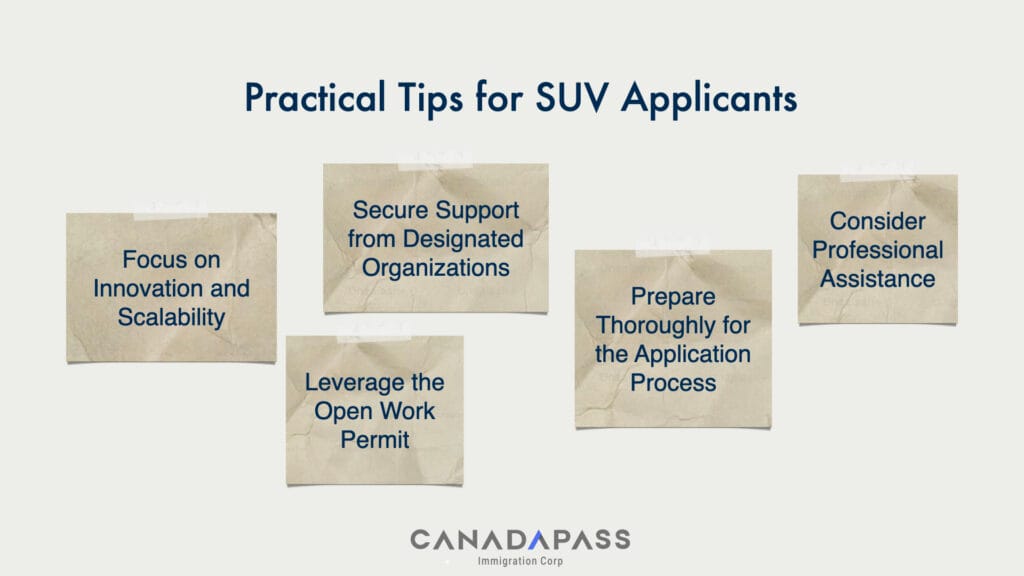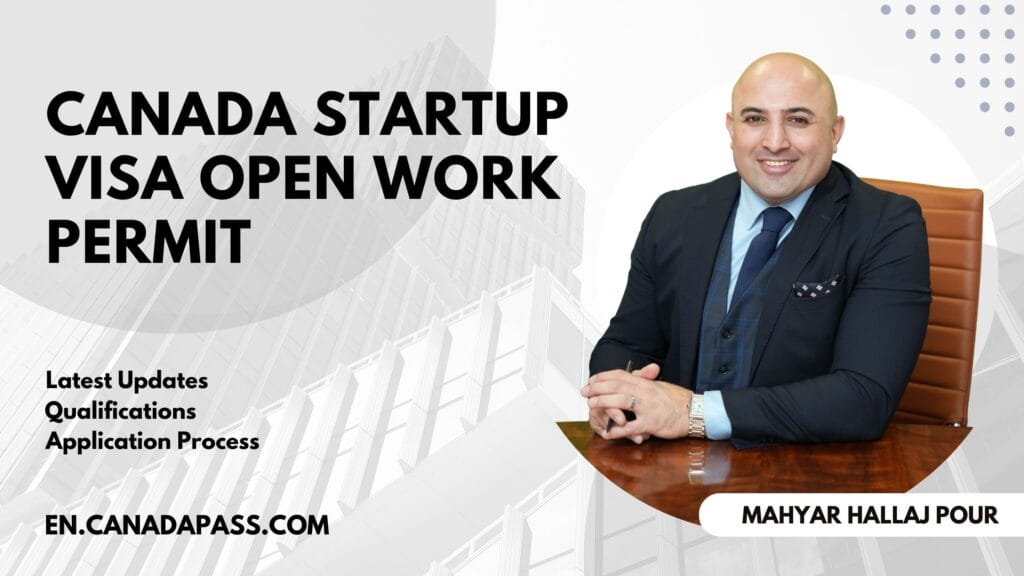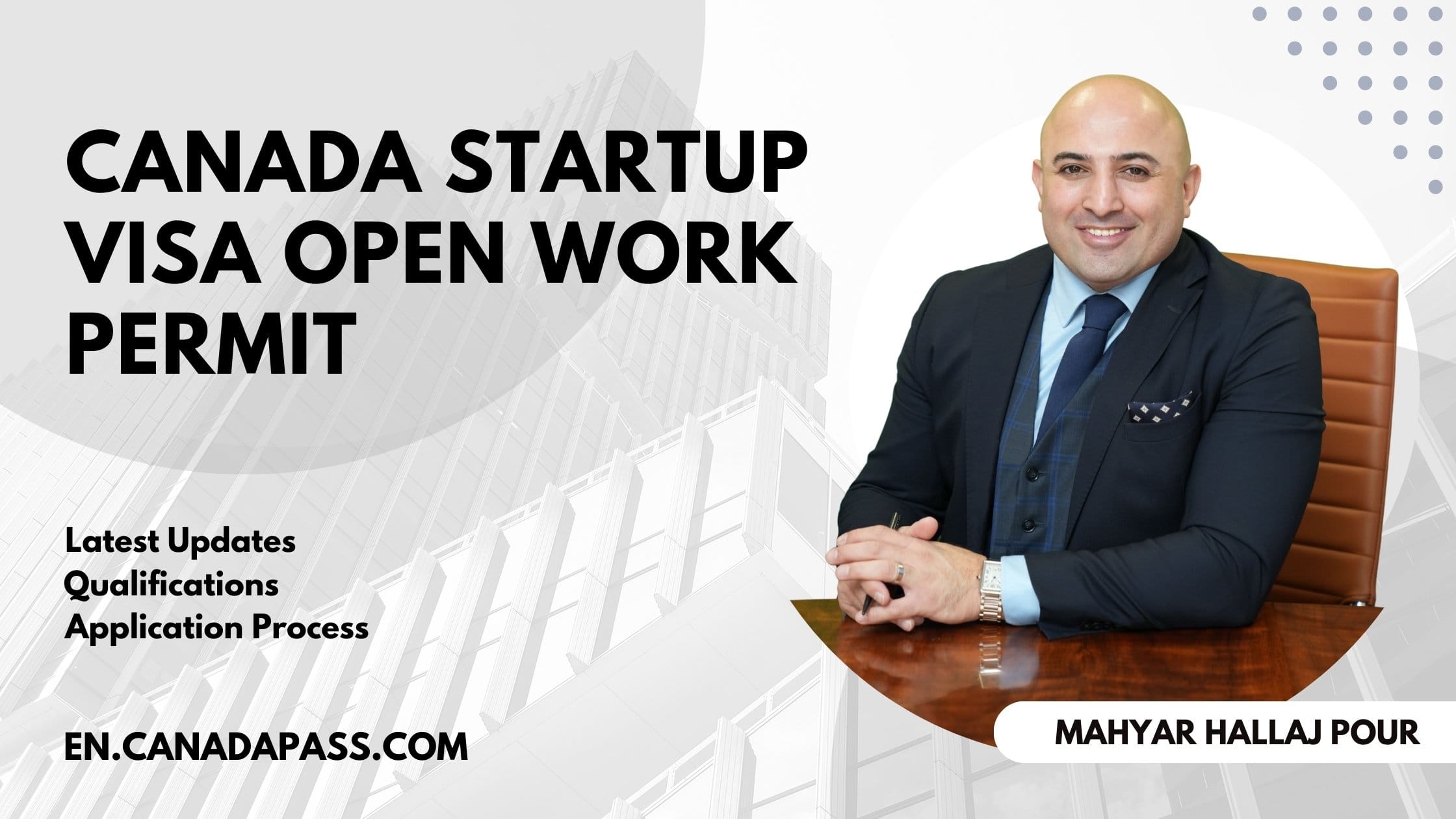🚨 Disclaimer – Start-Up Visa Program Status (Canada)
Please note that the Government of Canada’s Start-Up Visa (SUV) Program is currently closed to new applications. Immigration, Refugees and Citizenship Canada (IRCC) stopped accepting new SUV permanent residence applications at 11:59 p.m. on December 31, 2025, with limited transitional exceptions only for applicants who obtained a valid commitment from a designated organization in 2025 and who must file by June 30, 2026. In addition, new applications for the optional SUV-linked work permit are no longer being accepted as of December 19, 2025.
Understanding the Canada Startup Visa minimum investment is a crucial first step. Unlike many other immigration programs that demand hefty personal capital, Canada’s Start-Up Visa (SUV) offers a unique, innovation-driven pathway to permanent residency, with flexible investment requirements based on the support of designated organizations.
Knowing the exact financial expectations can help you plan wisely and increase your chances of success.
Canada Startup Visa Minimum Investment
Canada’s Start-up Visa Program has a strong attraction for international entrepreneurs, including flexible investment options based on the type of designated organization that supports the venture:
- Minimum CAD 200,000 from a designated Canadian venture capital fund.
- Minimum CAD 75,000 from a designated angel investor group.
- No financial investment is required if accepted into a designated business incubator.

Settlement Funds Requirement for SUV
Apart from the Canada Startup Visa minimum investment, applicants must demonstrate that they have sufficient funds to support themselves and their families after arriving in Canada. These funds must be their own, so borrowed money is not accepted.
Based on IRCC, When applying for the Startup Visa, applicants need to provide proof of funds to the Canadian visa office in their home country. The required amount depends on the size of their family:
| Number of family members | Settlement funds |
| 1 | CAD 14,690 |
| 2 | CAD 18,288 |
| 3 | CAD 22,483 |
| 4 | CAD 27,297 |
| 5 | CAD 30,690 |
| 6 | CAD 34,917 |
| 7 | CAD 38,875 |
| For families larger than seven, per each additional family member | CAD 3,958 |
Additional Financial Considerations for SUV
1. Business Launching
Applicants must have sufficient capital to establish their business. These costs vary based on the type and scope of the business. The minimum investment for launching a business in Canada typically ranges from CAD 150,000 to over CAD 250,000.
2. Application Fee
- Processing fee for main applicant: CAD 1810
- Processing fee for spouse or partner: CAD 950
- Processing fee for dependent child: CAD 260 per child
- Permanent residence fee: CAD 575
- Biometrics fee: CAD 85 per person or CAD 170 for a family
- Language tests (such as IELTS or TEF): Ranging from $309 to $450
3. Fees Charged by Designated Organizations
The cost of obtaining a letter of support typically ranges from $10,000 to $100,000, depending on the type and size of startups.
Comparing Financial Requirements: Canada Start-Up Visa vs. Others
1. Canada Start-Up Visa vs. Other Canadian Business Immigration Programs
- Eligible Investment: No limit is defined for the Canada Startup Visa minimal investment. In contrast, nearly all Provincial Nominee Programs (PNPs) have minimum investment requirements, $100,000 to $600,000, depending on stream and province.
- Net Worth: There is no formal net worth requirement. PNP applicants must prove a minimum personal net worth ranging from CAD 300,000 to over $1 million, depending on the province.
- Settlement Fund: All business immigration programs, including the PNP and SUV, require applicants to demonstrate sufficient personal funds to support themselves and their families.
- Investment by a Third Person: The Start-Up Visa requires support from designated Canadian organizations, whereas most other business immigration programs do not.
2. Canada’s Start-Up Visa vs. Global Business Immigration Programs
Here’s how Canada’s Start-Up Visa (SUV) compares to the U.S. EB-5 program and Australia’s Business Innovation stream:
- EB-5 program, an investment-driven immigration pathway, requires applicants to have at least $800,000 to $1,050,000.
- Australia’s program is more suitable for experienced business owners with substantial personal wealth (at least an investment of AUD 200,000)
Impact of the Start-up Visa Program
- Permanent Residency Statistics: In 2024, Canada’s Start-Up Visa Program reached a record high, admitting 5,595 new permanent residents. Many SUV immigrants settle in Ontario (Toronto and Waterloo) and British Columbia (Vancouver).
- Economic Contribution: Startups play a crucial role in job creation across Canada, employing approximately 250,000 people, around 2% of the country’s total private sector workforce.
- Sector Focus: Most startups in Canada focus on AI, fintech, clean technology, biotech, aerospace technology, and life sciences.
Practical Tips for SUV Applicants
- Focus on Innovation and Scalability: Demonstrating the potential for significant economic impact in Canada can make your application stand out.
- Secure Support from Designated Organizations: Obtaining a letter of support from a designated organization, such as a venture capital fund, angel investor group, or business incubator, is a mandatory step.
- Leverage the Open Work Permit: As of October 3, 2024, the SUV program offers a three-year open work permit, allowing entrepreneurs to work for any employer in Canada while developing their start-up.
- Prepare Thoroughly for the Application Process: Ensure all documentation is complete and accurate, including business plans, financial statements, and personal identification. Meeting the language requirement of Canadian Language Benchmark (CLB) level 5 in English or French is also necessary.
- Consider Professional Assistance: Understanding the SUV program can be complex. Engaging with immigration professionals or legal advisors experienced in Canadian business immigration can provide valuable guidance and increase the likelihood of a successful application.

A Golden Opportunity for Global Innovators
The lack of a Canada Startup Visa minimum investment is one of the program’s benefits. The program offers flexible financial pathways that prioritize your business potential over personal wealth. By understanding the investment criteria and coordinating with the right designated organization, you can take confident steps toward building your start-up and securing permanent residency in Canada.
Consider consulting an immigration specialist or taking advantage of a free eligibility evaluation to begin your journey.










